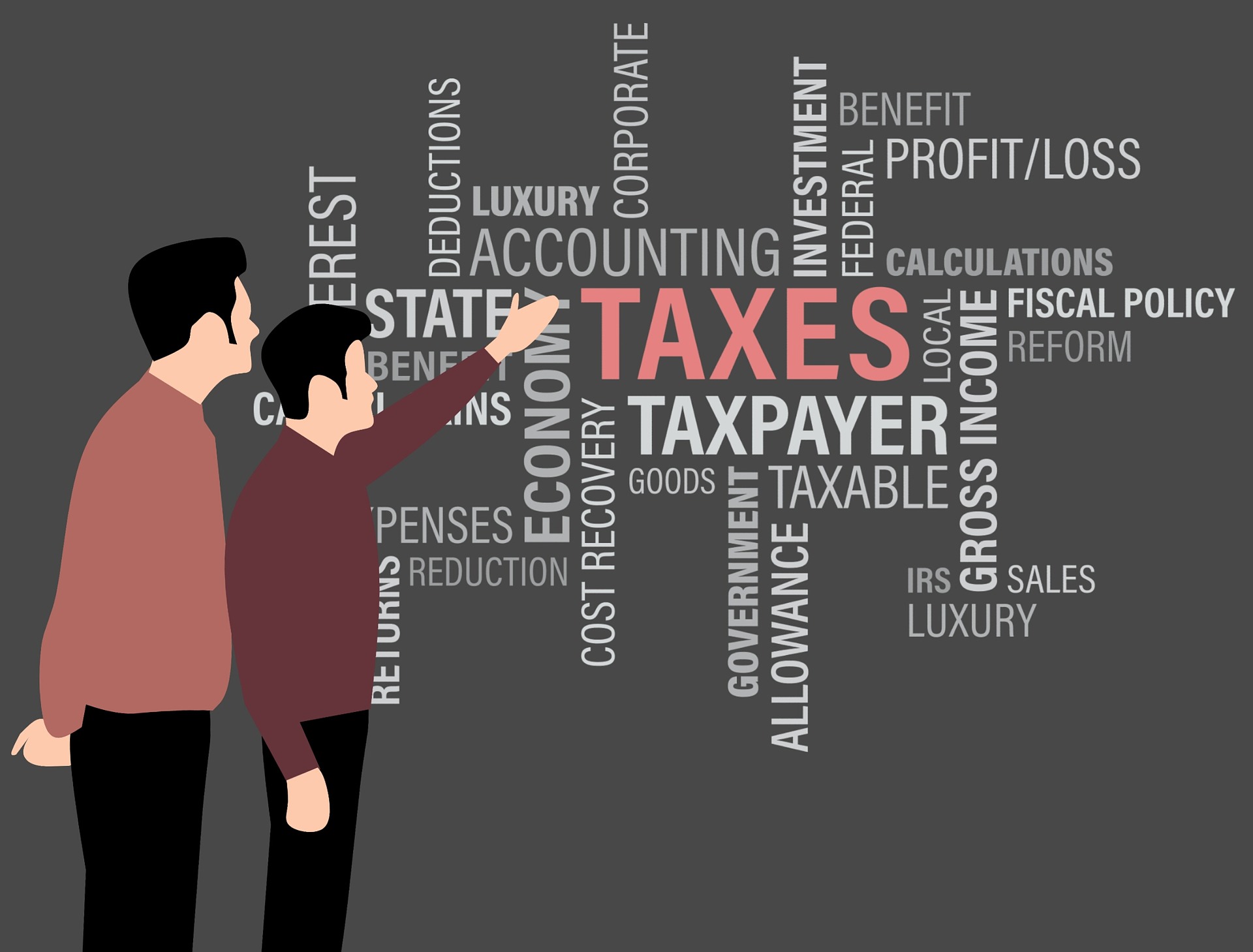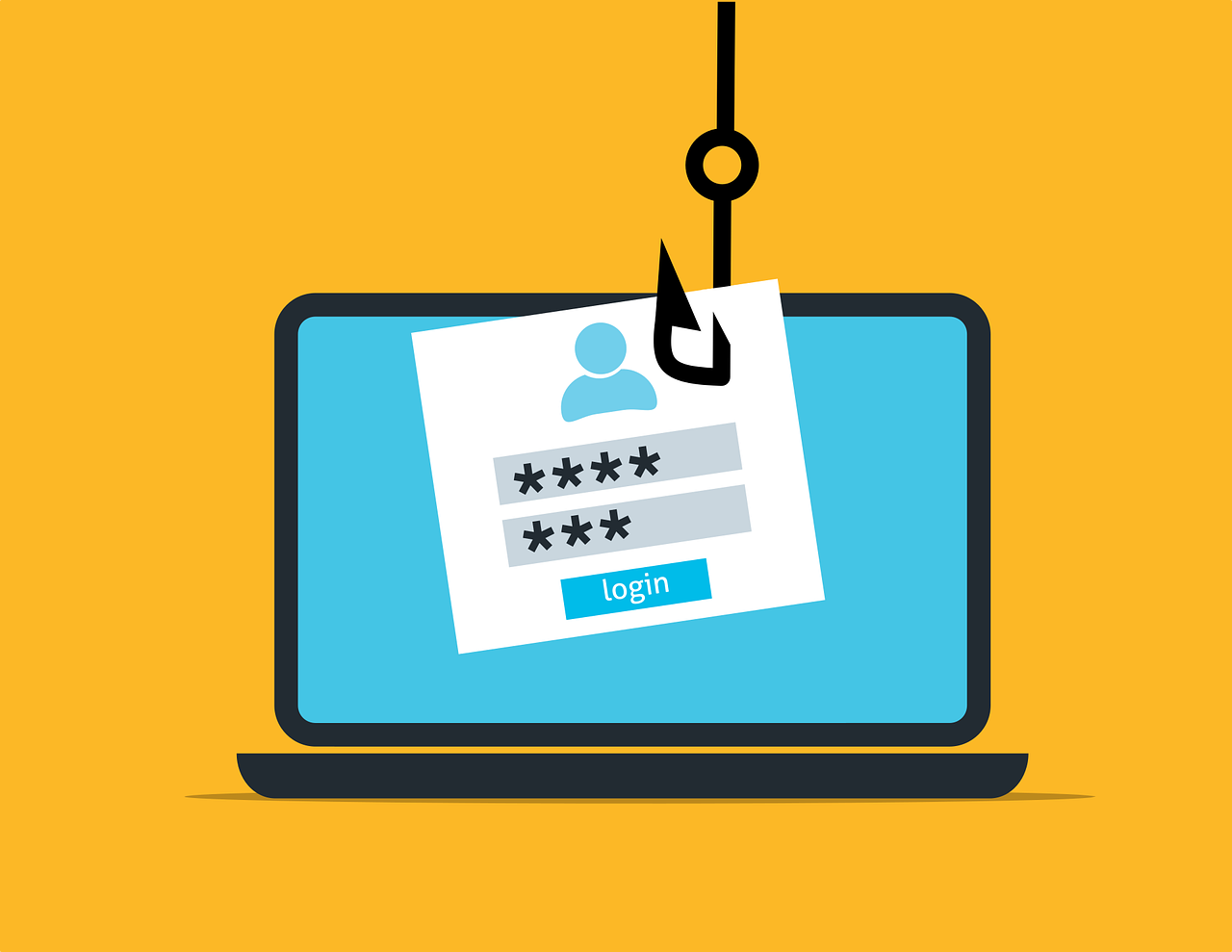When Square hit the market in 2010, small businesses across Canada rejoiced that that they finally had a simple way to accept debit and credit payments. The small POS terminal that plugged into smartphones was free. The service fees were minimal. It was a go-anywhere system used at art shows, farmers’ markets, street fairs, brick-and-mortar stores and more. The little POS square made such a big impact in Canada that their website proudly proclaims: “Square has helped businesses in Canada process billions of dollars in payments since launch.” To which Canada Revenue Agency’s (CRA) ears perked up and they responded, “Oh, really?”
CRA Steps In
The federal court ordered Square to disclose information to CRA. Square will be handing over the names, addresses, and banking information (including transit and account numbers) of its Canadian clients that processed $20,000 or more through Square in any given year from 2012 to 2016.
“Square sellers are responsible for ensuring they are in compliance with all laws and regulations relating to their commerce activities. The CRA has a voluntary disclosure program that provides an opportunity to change a tax return you previously filed or to file a return that you should have filed. You can find more information about this program on the CRA’s website,” noted Square in a statement and overview on their website. Basically, that means clients of Square that did not file a proper tax return disclosing their truthful income have a chance to refile before CRA takes action.
Then came another admission from Square. In response to the FAQ, “Are any other companies receiving similar orders to disclose customer information?” Square responded, “We can’t give details but there have been previous Federal Court Orders compelling similar companies, including eBay, to share information of this nature with the CRA.”
Why is this happening?
A New Way of Doing Business, but the Same CRA Collection Methods
For years the “gig economy,” where people freelance in one or more positions instead of, or to supplement, a full time job, has been gaining traction. It wasn’t long before financial advisors, and CRA, starting clanging the warning bell, telling sellers that income is income no matter the source – and it had to be reported.
Since the gig economy is fueled by cash, many sellers figured CRA wouldn’t catch on to how much they were making, and their earnings could simply be pocketed in full. However, companies like eBay, Skip the Dishes, Uber, Lyft and Square are major corporations with detailed records on their own income and earnings. These companies also have detailed records on their clients. It’s a very simple matter for CRA to ask these corporations to open their books.
Gig economy companies rely on freelancers. Since they don’t have traditional employees, they do not have to concern themselves with T4s, payroll deductions for taxes, etc. It is up to, and the responsibility of, the freelancer to track, plan for and pay their taxes.
There is no doubt that the gig economy is here to stay, and it has had a very positive impact on millions of Canadians so far. However it will never change the constant that has been true long before Benjamin Franklin quipped, “In world nothing can be said to be certain, except death and taxes.”
AF Accounting can Help you Manage Your CRA Obligations
You can run, hide, trick or distract the Grim Reaper and the Tax Man, but in the end, they are going to find you. We can’t do much about the Reaper, but we will help you make a plan to save for and manage your taxes. We specialize in accounting for small businesses. Let us show you ways to save on the taxes you owe, and how to remit installments so you don’t get an overwhelming bill in April. If you are benefiting from the gig economy, contact us today.











